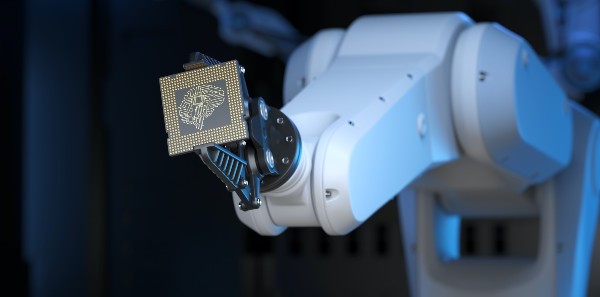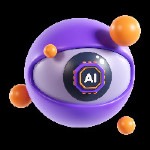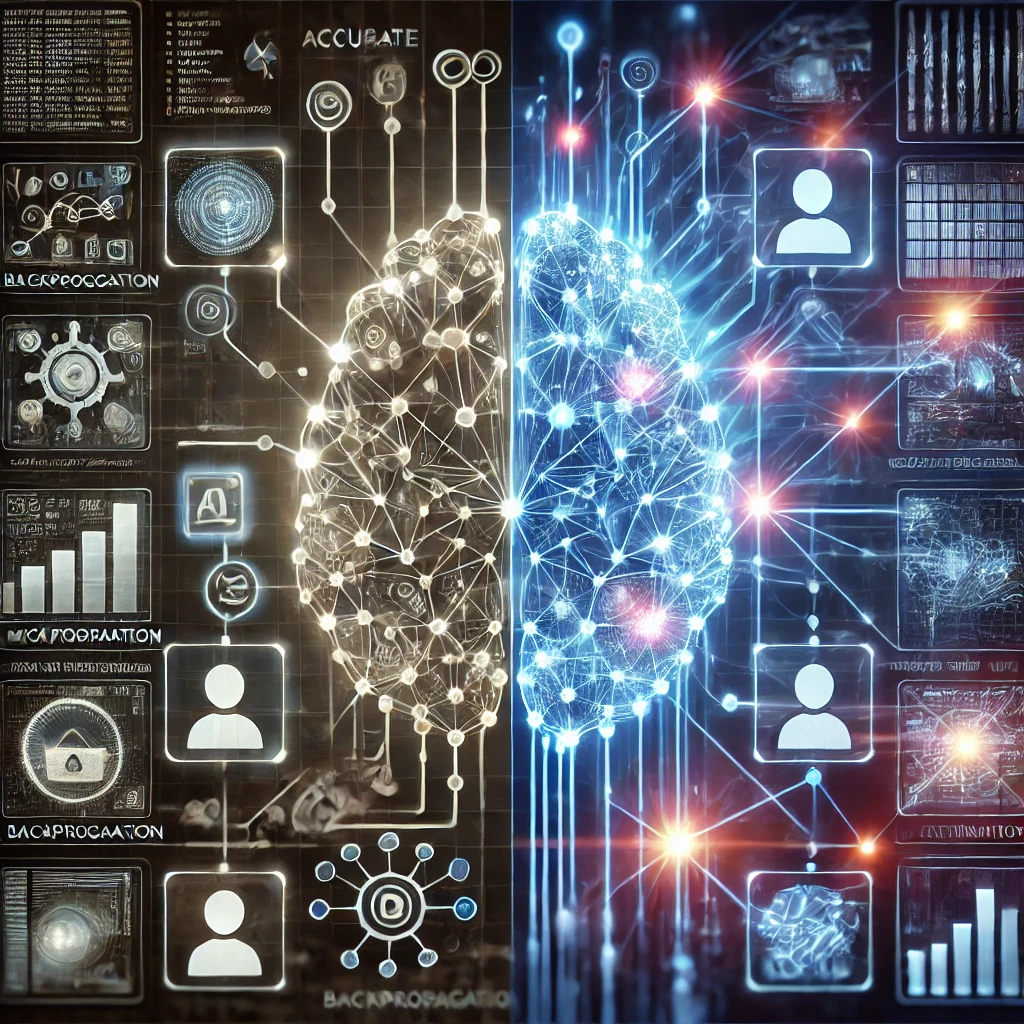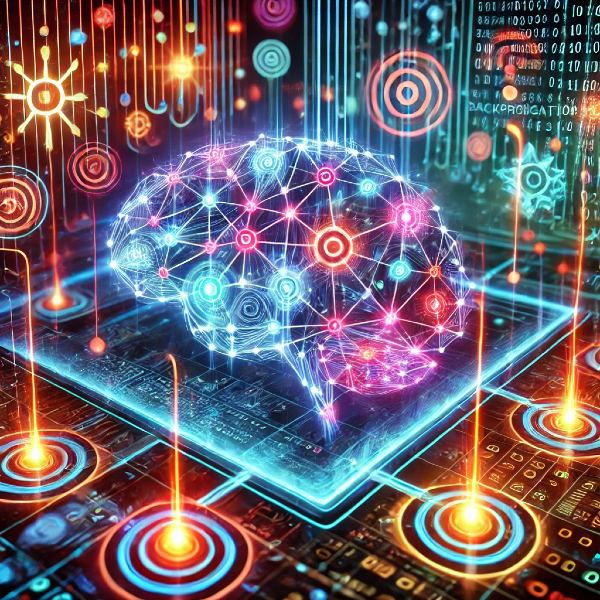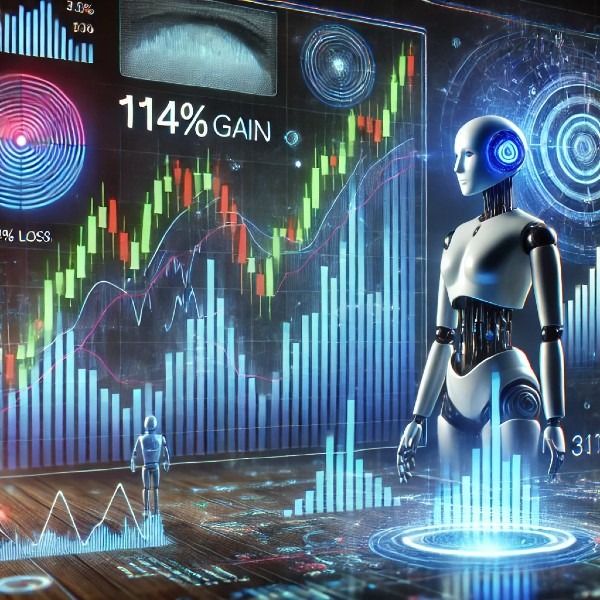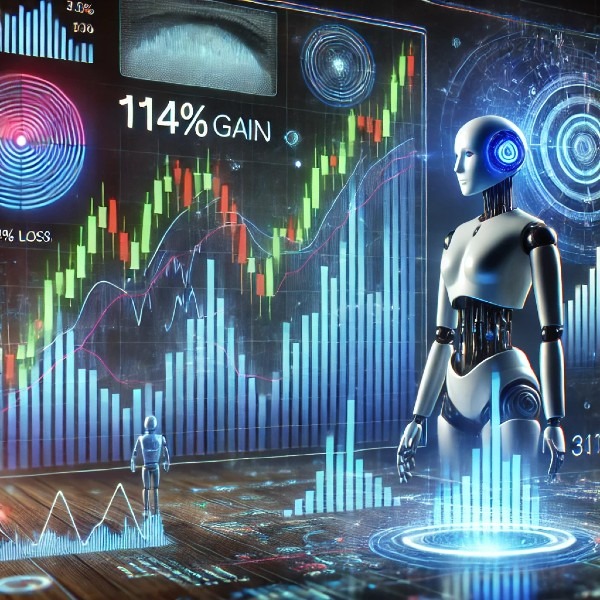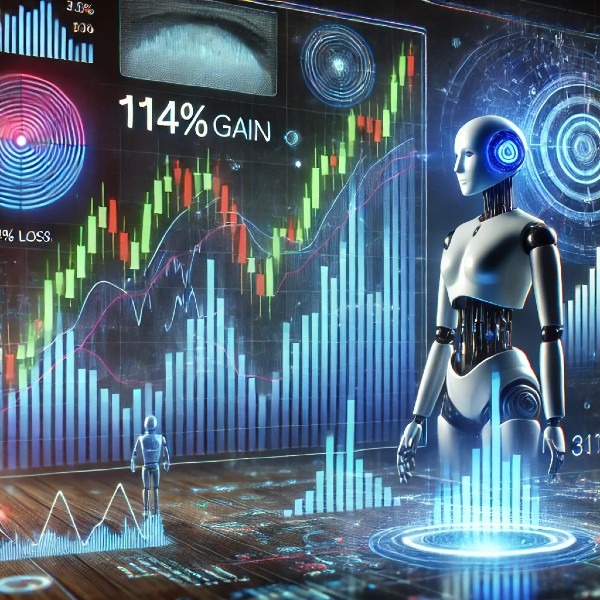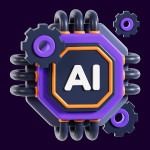Introduction
In the ever-expanding universe of Artificial Intelligence (AI), AI Horizon represents the cutting-edge convergence of technology with everyday life. This blog post explores the profound impact of AI in healthcare, the burgeoning field of robotics, and the critical issue of privacy and security in the digital age. AI is not just a technological advancement; it’s a paradigm shift that is redefining the boundaries of possibility. By delving into these key areas, we aim to provide a comprehensive understanding of AI’s current capabilities and its potential to revolutionize various sectors.
AI Horizon symbolizes the threshold of a new era where technology transcends traditional limits. In healthcare, AI is transforming patient care and medical research. Robotics, as a field, is witnessing unprecedented growth, driven by AI advancements. Meanwhile, the importance of privacy and security in this AI-driven world cannot be overstated. This post will navigate through these exciting developments, offering insights and practical advice for harnessing the power of AI while addressing the ethical and security challenges it presents.
Healthcare and AI
The integration of AI in healthcare is revolutionizing the way we approach medical treatment and research. AI’s ability to process vast amounts of data is enhancing diagnostic accuracy, personalizing treatment plans, and paving the way for breakthroughs in drug development. This technology is augmenting the capabilities of healthcare professionals, leading to improved patient outcomes and more efficient healthcare systems.
Moreover, AI in healthcare is not just about treatment but also about prevention. Predictive analytics powered by AI are enabling early detection of diseases, potentially saving countless lives. The potential of AI in healthcare is immense, promising a future where healthcare is more accessible, accurate, and personalized.
Robotics and AI
Robotics, empowered by AI, is one of the most exciting and rapidly evolving fields today. AI-driven robots are being used in a variety of sectors, from manufacturing and logistics to healthcare and customer service. These robots are not only automating mundane tasks but also performing complex operations that require precision and adaptability.
The rise of robotics is also creating new opportunities and challenges. As robots become more sophisticated and autonomous, they are capable of undertaking tasks that were previously thought to be the sole domain of humans. This shift is not only transforming industries but also raising important questions about the future of work and the relationship between humans and machines.
Privacy and Security in the AI Horizon
In an AI-driven world, privacy and security are of paramount importance. The vast amounts of data that fuel AI systems also pose significant privacy risks. Ensuring the security and ethical use of this data is a major challenge that needs to be addressed as AI technology continues to advance.
The issue of privacy and security in AI is not just about protecting data; it’s about maintaining trust in technology. As AI becomes more integrated into our lives, ensuring that these systems are secure and respect user privacy is crucial for their acceptance and success. This requires a concerted effort from technology developers, policymakers, and users.
Myths vs. Facts
AI in Healthcare
Myth: AI will replace human doctors. Fact: AI is designed to assist and enhance the work of healthcare professionals, not replace them.
Myth: AI in healthcare is infallible. Fact: AI systems are only as good as the data they are trained on and require human oversight.
Robotics and AI
Myth: Robots will take away all our jobs. Fact: While robotics will automate some tasks, it also creates new job opportunities and roles.
Myth: Robots are fully autonomous. Fact: Most robots still require human oversight and are far from being completely autonomous.
Privacy and Security in AI Horizon
Myth: AI systems are always secure. Fact: Like any technology, AI systems can be vulnerable and require robust security measures.
Myth: AI poses no privacy risks. Fact: AI systems that process personal data can pose significant privacy risks if not managed properly.
FAQ
How is AI transforming healthcare? AI in healthcare is enhancing diagnostic accuracy, personalizing treatment plans, and improving patient outcomes. It’s a tool that supports healthcare professionals, not a replacement.
What role does AI play in robotics? AI is the driving force behind modern robotics, enabling robots to perform complex tasks and adapt to new environments.
How does AI impact privacy and security? AI’s reliance on data poses privacy and security challenges. Ensuring the ethical use and protection of this data is crucial.
Can AI in healthcare be trusted? While AI offers many benefits in healthcare, its reliability depends on the quality of data and algorithms. Continuous refinement and human oversight are essential.
Will robots replace human workers? Robots are likely to replace some tasks, but they also create new opportunities for human workers in areas where human skills are irreplaceable.
Practical Tips and Tricks
- Stay Informed: Keep up-to-date with the latest AI developments in your field.
- Ethical Considerations: Always consider the ethical implications of AI applications.
- Data Privacy: Prioritize data security and privacy in all AI applications.
- Collaboration: Engage with AI experts and enthusiasts to understand and leverage AI technologies.
- Continuous Learning: Embrace lifelong learning to stay relevant in the AI-driven future.
Google Snippets
- AI in Healthcare: “AI is revolutionizing healthcare by enhancing diagnostic accuracy and patient care.”
- Robotics and AI: “AI-driven robots are transforming industries by automating tasks and performing complex operations.”
- Privacy and Security in AI: “Ensuring data privacy and security is crucial in the AI era.”
Artificial Intelligence Meaning
- Oxford Languages: “AI involves the development of computer systems able to perform tasks that typically require human intelligence.”
- Merriam-Webster: “AI is a branch of computer science dealing with the simulation of intelligent behavior in computers.”
- Cambridge Dictionary: “AI is the study of how to produce machines that have qualities such as the ability to understand language, recognize pictures, solve problems, and learn.”
Did You Know?
- AI algorithms can analyze medical data faster than any human.
- Robotics in surgery is enhancing precision and reducing recovery times.
- AI systems are being trained to detect cybersecurity threats more efficiently than ever before.
Conclusion
As we explore the AI Horizon, it’s evident that AI’s impact is vast and multifaceted, touching everything from healthcare to robotics, and raising important questions about privacy and security. For tech enthusiasts, AI represents an exciting frontier of innovation and challenges. The integration of AI in robotics is not just transforming industries but also redefining the nature of work. Meanwhile, the importance of privacy and security in this AI-driven world is more critical than ever. As we embrace this new era, staying informed, ethical, and security-conscious is key to harnessing the full potential of AI.

